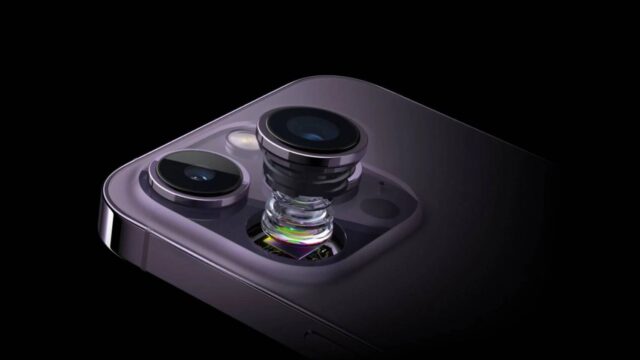iPhone 15 Pro Following numerous complaints about overheating issues affecting its models, Apple announced Wednesday to fix the issues. iOS 17.0.3 released the update. According to the company, the overheating was caused by software, not hardware or design flaws. Apple also updated A17 Pro He said it would not reduce the performance of his chip. So what do the tests show?
Many iPhone 15 Pro and iPhone 15 Pro Max users have complained about the new devices overheating after a while of use, even for basic things like web browsing. Apple initially said that iPhones were overheating due to a normal situation caused by software. He then argued that this heating was normal in operations that put a lot of pressure on the iPhone.
However, the company acknowledged last weekend that a software issue in iOS 17 caused iPhone 15 models to run at abnormally high temperatures. After the statement claiming that the update that solved the problem was iOS 17.0.3, it became a matter of curiosity how the company did this. I wonder if the performance of the phones was throttled to solve the heating problem?
We still don’t know exactly what Apple did to fix the overheating issues, but it seems like performance iOS 17.0.3 to see if you are affected by the update. Geekbench 5 Some benchmark tests were performed using . Tests iPhone 15 Pro Max It was carried out with. You can see the test results in the table below.
| processing time | Single core score | Multi-core score |
|---|---|---|
| Device running iOS 17.0.1 and iOS 17.0.2 (first released) | 2914 | 7199 |
| Immediately after installing iOS 17.0.3 | 2875 | 7006 |
| 2 hours after installing iOS 17.0.3 | 2941 | 7523 |
It is worth noting that benchmarks may vary depending on many conditions, such as the current temperature of the device and even the battery level; because iOS tends to throttle performance when it’s low to preserve battery. Therefore, it is almost impossible to get exactly the same results after running the tests again on the same device.
As you can see, the results were even better than some tests done with versions prior to iOS 17.0.3. The conclusion we reached here is that the update most likely did not affect the performance of the phone. At least in most cases this is not the case.
So what do you think about this issue? You can share your thoughts with us in the comments section.

